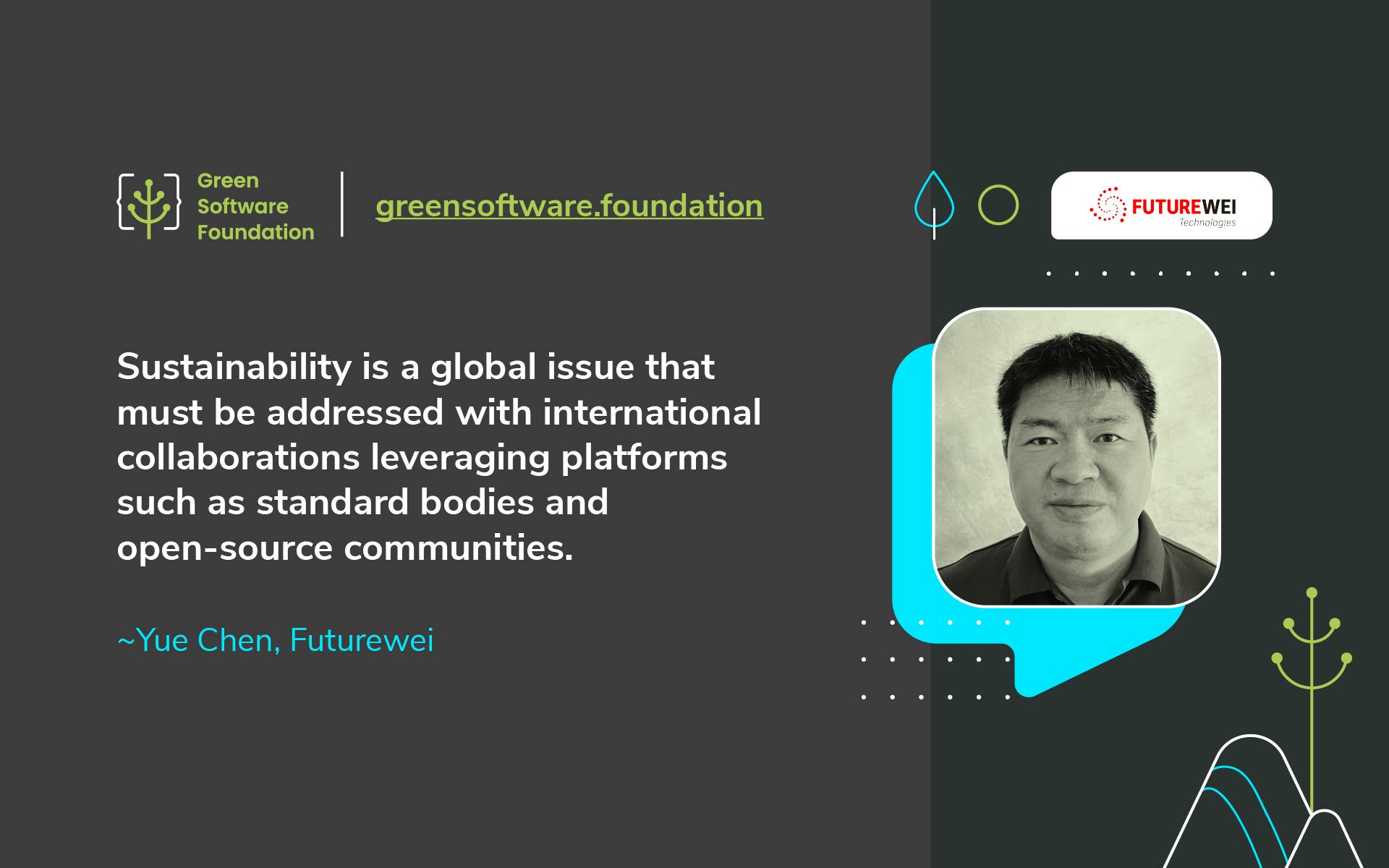Can you give us an idea about the solutions Futurewei provides?
Futurewei is an independent R&D unit dedicated to pursuing open innovations in ICT systems through in-depth collaboration with forward-thinking companies worldwide in multiple domains. During the past two decades, we have actively participated in the next-generation standards for wireless, network, and other emerging technologies. We are also active in open-source communities as part of our ongoing efforts to build the industry and cultivate an ecosystem that promotes shared success.
What is your role with Futurewei, and how did you get there?
I lead the Technology Strategy Team in Futurewei, the company’s primary interface to collaborate with industry partners, standard organizations, and open-source communities. We will look at the critical trends and challenges that impact the ICT industry in 3 to 5 years. Then we work with internal labs to define the strategies for technical solutions and industry standards. Through our extensive participation in open-source projects and standard working groups, we will seek partners who share a similar vision and work together to provide open-source solutions or standard proposals.
What is your main goal concerning sustainability within Futurewei?
We looked at sustainability from two perspectives. Global network infrastructure and data centers can have more greenhouse gas emissions than the airline industry if following the current energy consumption path. Many telco and data center operators have already outlined their net zero emission goals and initiatives. To accomplish this, switching to green renewable energy is necessary but insufficient. The energy efficiency goal must also be integrated into every step of the system architecture, software, and hardware implementation. From another perspective, the ICT-based solution as an enabler technology can significantly help other industries and applications to reduce their carbon emissions. For example, by integrating sensors and edge computing into production and consumption ends, the smart grid can better predict and deliver energy when and where needed. Another example is that better online collaborative tools can help reduce commuting needs. We see sustainability as both challenge and an opportunity for the ICT industries.
What does sustainability / green software mean to you / your company?
Sustainability is a global issue that must be addressed with international collaborations leveraging platforms such as standard bodies and open-source communities. Many industries have developed energy efficiency metrics, but not so much for ICT, especially software. Green software metrics are complicated to measure because you can solve one problem in countless ways, and an application usually depends on many 3rd party libraries. It is also necessary to include the computing architecture because things like multi-core arrangement and task scheduling can significantly impact software efficiency. Green software may benefit from many energy efficiency design practices used in wireless networking and mobile software, where we have good expertise.
Why did you join GSF?
The GSF’s unique combination of open-source developing and the standard setting might be the right way to tackle the complexities of green software metrics. We look forward to working with the community and the partners to answer the green software challenges.
How does your organization see the future of green software?
Green is becoming the new mandate for future software not only because of global warming but also because the hardware technologies slow down quite a bit while the demands for ICT usage are growing unprecedentedly; thus, we need the software to do more work using less energy. Green software innovations will need to re-visit and break many of the established limits and boundaries to achieve significant improvement over the status quo.
What do you see as the main challenges with regard to green software, and how can we overcome them?
Adopting green software may require many software rewrites, which is costly and can take a long time. The GSF’s SCI can be an essential decision factor for software developers and consumers to make their choices, which can drive the adoption of green software.
Which other sustainability initiatives are you working on?
We are also working on network architecture-level innovations, such as green IP, and hope next-generation network standards can adopt more green innovations.
This article is licenced under Creative Commons (CC BY 4.0)
